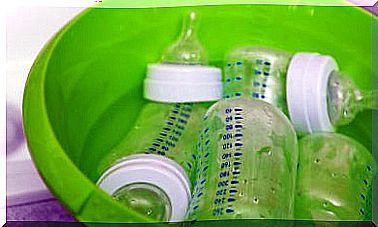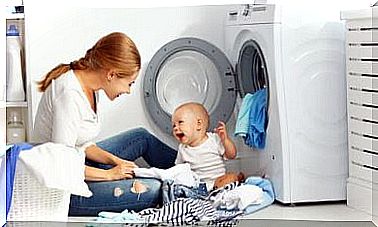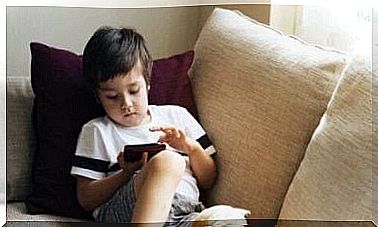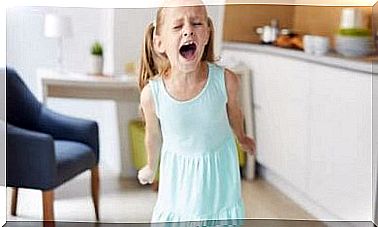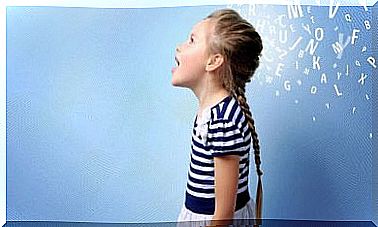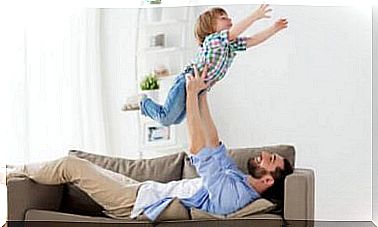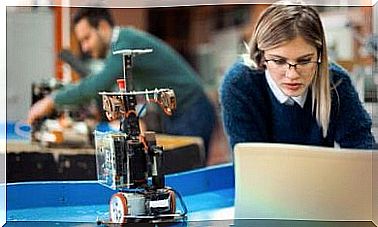How To Help A Hyperactive Child

Hyperactivity in children seems to be a normal problem nowadays. It is becoming more common to hear parents and teachers complain about having a hyperactive child.
Various arguments are used to explain this behavioral problem, including excessive consumption of caffeinated beverages. The result is that consultation with psychologists and psychiatrists has increased drastically.
However, it is important to be very careful when labeling a child as “hyperactive”. This can cause many problems for your child.
It is not a big problem to have a really hyperactive child if he receives appropriate treatment.
If the situation is not handled adequately, however, it can create a frustrated, insecure and stressed child.
Restless children
A child who runs all the time or moves constantly during a long journey is not necessarily hyperactive. A behavioral disorder manifests itself in a different way.
Of course, many children are restless, noisy, they like to run, climb and touch everything they see – this is normal.
The same thing happens with teachers. They lose patience because they have five, six or seven restless children in their class. They can become annoying and so they call the parents to suggest a consultation with a therapist.

Restless children are not hyperactive because they do not exhibit behavioral disorders. They are simply restless children.
If they study, sleep well, are happy, have friends and play, then they are just normal children who are restless.
How do hyperactive children behave?
On the other hand, a hyperactive child is one who, with a constant restlessness, hinders the development of normal attitudes in children of his age.
Some of the characteristics of hyperactive children are:
- They have learning difficulties.
- They do not respect any rules, whether they are family rules or rules of the game. This causes problems in interaction with other children.
- It is very difficult for them to wait or be patient.
- They act without thinking and are impulsive.
- They move all day. They bump into doors and throw things.
- They cannot focus and constantly jump from one subject to another. It seems they are not interested in anything.
There is no point in getting angry at them. It is pointless to urge them to keep quiet or complete their tasks before leaving.
They seem to be listening, but in a couple of minutes they will do the same thing that was just banned. These symptoms of hyperactivity are technically called “Attention Deficit Hyperactivity Disorder” (ADHD).
How to help a hyperactive child
Daily control of children’s hyperactivity is a challenge for adults responsible for care and education.
1. First , adults should understand that hyperactivity is not voluntary. The children do not move constantly on purpose. They can not control themselves. It is therefore necessary that responsible adults keep this in mind and try to help children change their behaviors with the right attitude.
2. Consultation, rewards and positive reinforcement for performance are useful strategies. For example – “If you sit still while eating for a whole week, you get the toy you want”. Keep track of the child’s successes daily and reward it accordingly with the prize.
3. The purpose of that game may be for the child to sit still for longer than three minutes. Then you can increase it to five minutes, eight minutes and continue to do so until the goal is reached.
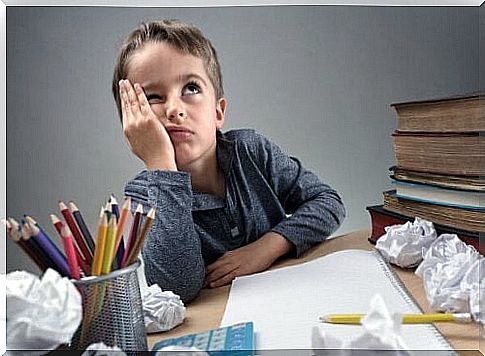
4. Handle the child’s attention. To help it focus its attention on a task, it may be a good idea to repeat it aloud each step it should follow. That way, it will be able to do it as many times as needed. Always repeat it aloud. Eventually, the child will be able to guide himself by following the instructions in his head.
5. Limit the consumption of beverages that contain caffeine and sugar. The link between soda and hyperactivity is being investigated. It is true that caffeine and excess sugar act as stimulants. This is why they cause agitation and make it harder to calm down.
A strong family unit is important to be able to help a hyperactive child. The parents form the basis for the children to be able to build up their values. The behavior of a hyperactive child is strongly dependent on its parents.

